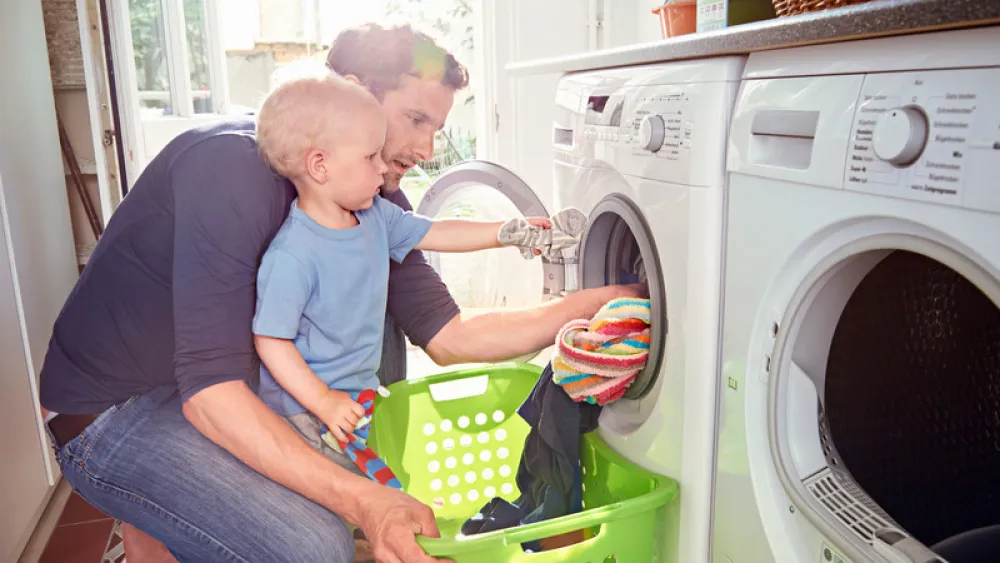




Family Health
Why Children Need Chores


Is it worth it?
With your busy schedule and your child’s busy schedule, you may wonder if it is worth it to assign your child household chores. After all, wouldn’t it just be easier and save time if you do it yourself? Is it worth the struggle?
Research has shown that there are many benefits to kids doing chores and it should be an important part of their world, just as school and extracurricular activities are. Here are some benefits to childhood chores and some tips for getting them done.
Benefits of chores for kids
Build self-esteem – When your child has a task assigned, they complete the task and do it well, and it can give them a sense of accomplishment.
Sense of belonging – Completing chores can help your children feel part of the team (your family) and as a member of the team, they must share the responsibilities. This can increase the connection in your family and allow children to be recognized as important contributors to the family structure.
Life skills – It is important for children to have chores to help build their skills of everyday living. I have heard from some of my parents who don’t have their teen do any chores that they are scared for them when they go to college. Who is going to do their laundry for them? By having your children complete self-care tasks while still in the house, you help give them skills to function on their own outside of the home.
Assigning age-appropriate tasks
You can start assigning chores at a very early age. Young children love to help out!
"It is important to note that the size of the task itself doesn’t matter much. The focus is more on the responsibility associated with the task."
Dr. Emily Bendlin
Methodist Physicians Clinic pediatrician
Younger children respond well to sticker charts or even just positive reinforcement from parents. The tasks can be as small as pulling the sheets up on their own bed or carrying their dish to the sink.
As kids get older, their responsibilities with household chores should increase. Make sure to give step-by-step instructions and expectations for household chores, especially as they become more complex. By teenage years, the chores should focus more on independent living, such as doing laundry or preparing meals. This will help them build their life skills and prepare for life outside “mom and dad’s.”
Make a chore plan
It is important to identify not only what you want your child to gain from household chores, but also what is best for the family as a whole. Posing these questions ahead of time can help you and your child plan for a successful outcome:
- What chores do you actually need help with around the house?
- Are there any particular skills you want your child to learn from chores?
- Do you want to assign chores as consequences for misbehaviors?
- Can your child earn privileges if they complete their task on time and do it well?
What about allowance?
Some parents feel that this helps prepare them for their future as adults, in which one needs to complete a job to get paid. Other parents feel that chores are necessary to be a contributing member of the family and that money should not be an incentive to complete the task.
It can be a good idea to hold a family meeting to involve everyone in the decision making process, which may make them more apt to participate.
If you need help creating a family chore plan and deciding what chores may be appropriate for your child, speak with your Methodist Physicians Clinic pediatrician.


